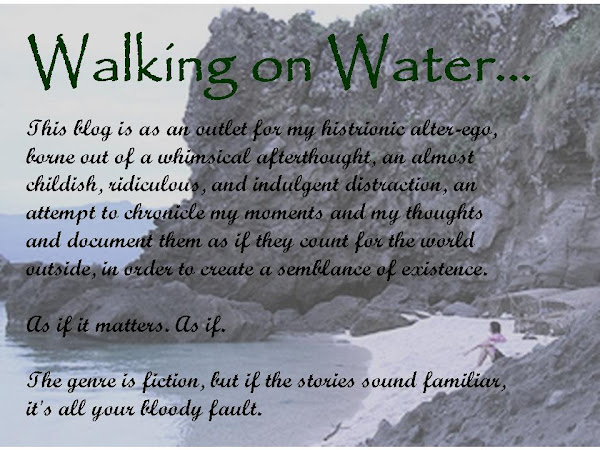Last month, I received a new referral. As I dropped by the nurses' station to look at the patient's chart, one of the nurses told me, "Doc, nakahilak ko ana nga patient." I asked her why and she replied, "Basta doc. Uban ko sa imo ha."
So together we walked to the patient’s bedside. The patient was a young woman, a mother, her frail body swallowed by the sheets. She had oxygen support and was breathless after speaking short sentences. She had advanced breast cancer.
She told me she first felt the lump more than a year ago, but sought consult only three months back. I asked her why she waited so long.
Her answer broke me.
Her husband, she said, had been diagnosed with rectal cancer the year before. They sold their house to pay for his chemotherapy. When he lost his job, their children stopped going to school. She herself had felt the lump on her breast at that time but chose to keep quiet. She decided that all their attention and remaining resources must go to her husband.
Six months ago, he finished his chemotherapy and underwent surgery. He was back on his feet, taking blue-collar jobs wherever he could find them. The children returned to school. Only then did she tell her family about the lump.
But they did not immediately go to the doctor. By then, they had been stripped bare. It took several months before they could borrow enough money from neighbors and lenders for her to finally see one. At her first consult, the doctor suspected cancer. There were already lymph nodes in her supraclavicular area. Her chest X-ray showed lung metastasis. The ultrasound revealed liver metastasis.
As she told me her story, tears welled in her eyes. She said her two children are still in high school and feared that they would once again have to stop studying to help pay for her treatment.
She was currently admitted for severe back pain, weakness, and numbness of the legs. Imaging showed metastatic lesions on her spine. That was why she could no longer walk. She told me she was not afraid of dying. What she feared was for her family. What if her husband’s cancer returned? What would happen to her children if she died?
Her husband interrupted us. He told her not to lose hope. God had seen them through his own cancer, and He would see them through this one, too. I wanted to tell him that this was different. His case had been diagnosed early. But hers? Hers was stage 4 -- with metastases to the lungs, liver, and spine.
I chose to keep quiet, not wanting to take away that tiny shred of hope they were holding onto. Perhaps next time I’ll tell them. Or perhaps one of her other doctors will.
After hearing her story, the nurse and I went back to the station. We were both in tears. I told her, “Life is unfair, no? I can’t imagine the pain they’re going through. Some people are really just unlucky.”
The nurse was young. This was her first job, her first time encountering such a story. She asked, “Doc, how do you handle it?”
I said, “I just listen. And I pray for them. There are things I really can’t control, but I think just being there, just listening, already helps.” Then I told her, “Ma’am, you will be hearing more stories like this. You have to learn to be strong, and you shouldn’t despair. You're already holding up very well. You're doing something wonderful, more than you'll ever know."
The patient was sent home after receiving steroids and radiotherapy. I haven’t heard from her since. I’m sure her cancer must have progressed, but I pray that her children are still in school.
As for the nurse, I still see her often in the ward, patiently caring for our patients. I know that she is stronger now. I hope that she hasn’t lost her faith in what she can do for the world.
Sometimes, I cannot understand the justice system of this world. Why do people suffer? Why do others get lucky while some go through unimaginable pain? I really cannot understand.
But perhaps understanding is not what is asked of us. Because even if I cannot understand, I can listen. And I can help.
In medicine, we are taught how to diagnose, to treat, to cure. But stories like hers remind me that sometimes, our role is simply to witness: to stand beside those who suffer when the world has taken almost everything from them. Because when we listen, when we stay, we honor what remains of their strength and dignity. And perhaps, in moments when we cannot heal the body, we can still help keep the hope from breaking.
And perhaps at that moment in time, that is the best thing that we can do.


No comments:
Post a Comment